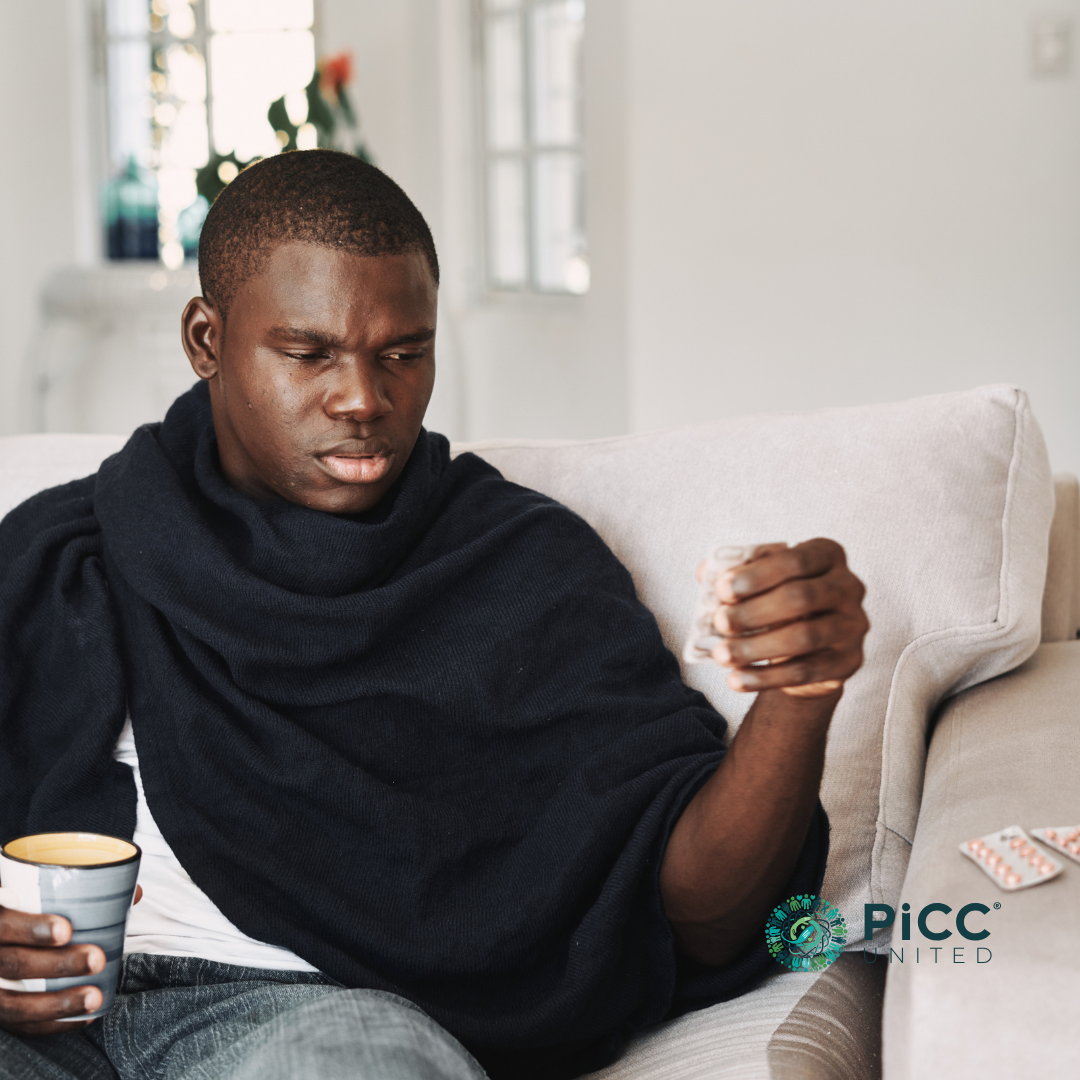What does the difficult word ‘Pharmacovigilance’ mean?

– and why is it important to you as a patient?
Pharmacovigilance is a tricky word, but it’s really just about keeping an eye on whether medicines are working as they should and whether they are safe for us to use. It’s a kind of ‘safety net’ for medicines that helps detect and manage side effects.
Why is it important?
It helps both you and other patients. When side effects are detected early, authorities can better protect us. Pharmacovigilance ensures that medicines across Europe are as safe as possible.
The most important parts of the work are:
- Collect information: When patients, doctors or pharmacists discover side effects, they can report them.
- Investigate side effects: Experts look at all the reports to see if there is a pattern or a problem with the medication.
- Act quickly: If something is wrong with a medicine, they can change the way it’s used or, in the worst case, remove it from the market.
How can you help?
You as a patient play an important role. If you experience a side effect, you can report it. You can do this on the EMA website or with the medicines authority in your country. These reports help make medicines even safer.
How to report side effects in the EU
If you experience side effects when using medication, it is important to report them. This helps authorities monitor the safety of the medicine and take necessary precautions if problems arise. In the EU, there are common systems and national authorities that make it easy to report side effects.
Where can you report side effects in the EU?
- National authority in your countryEach EU country has a national medicines agency where you can report side effects. For example, in Denmark you can report side effects to the Danish Medicines Agency, while in Germany it is the Paul-Ehrlich-Institut and in France ANSM (Agence nationale de sécurité du médicament et des produits de santé).
- The European Medicines Agency (EMA)websiteprovides information on how to report side effects in all EU countries. You can find detailed links to national authorities on their website.
- Online reporting systemsMany countries have online forms where patients and healthcare professionals can report side effects directly. These systems ensure that your information is processed quickly and correctly.
- Via pharmacy or doctorIf you are unsure how to report a side effect, ask your doctor or pharmacist. They can help you submit the report to the appropriate authorities.
When you report side effects, you play an important role in improving the safety of medicines for everyone. By sharing your experience, you help ensure that potential problems are detected early, allowing for timely interventions. Your input also contributes to better monitoring and evaluation of the benefits and risks associated with medicines, ultimately enhancing their overall safety and effectiveness.
Links to more information:
You can read more about pharmacovigilance and how it works on the official EMA website:
- EMA’s guide to adverse reaction reporting: EMA’s Pharmacovigilance.
- Find your national authority via EMA: National Competent Authorities.
By reporting side effects, you can make a difference and help ensure that medicines remain safe for everyone. It’s important to remember that reporting side effects not only helps yourself, but also others taking the same medicine.

